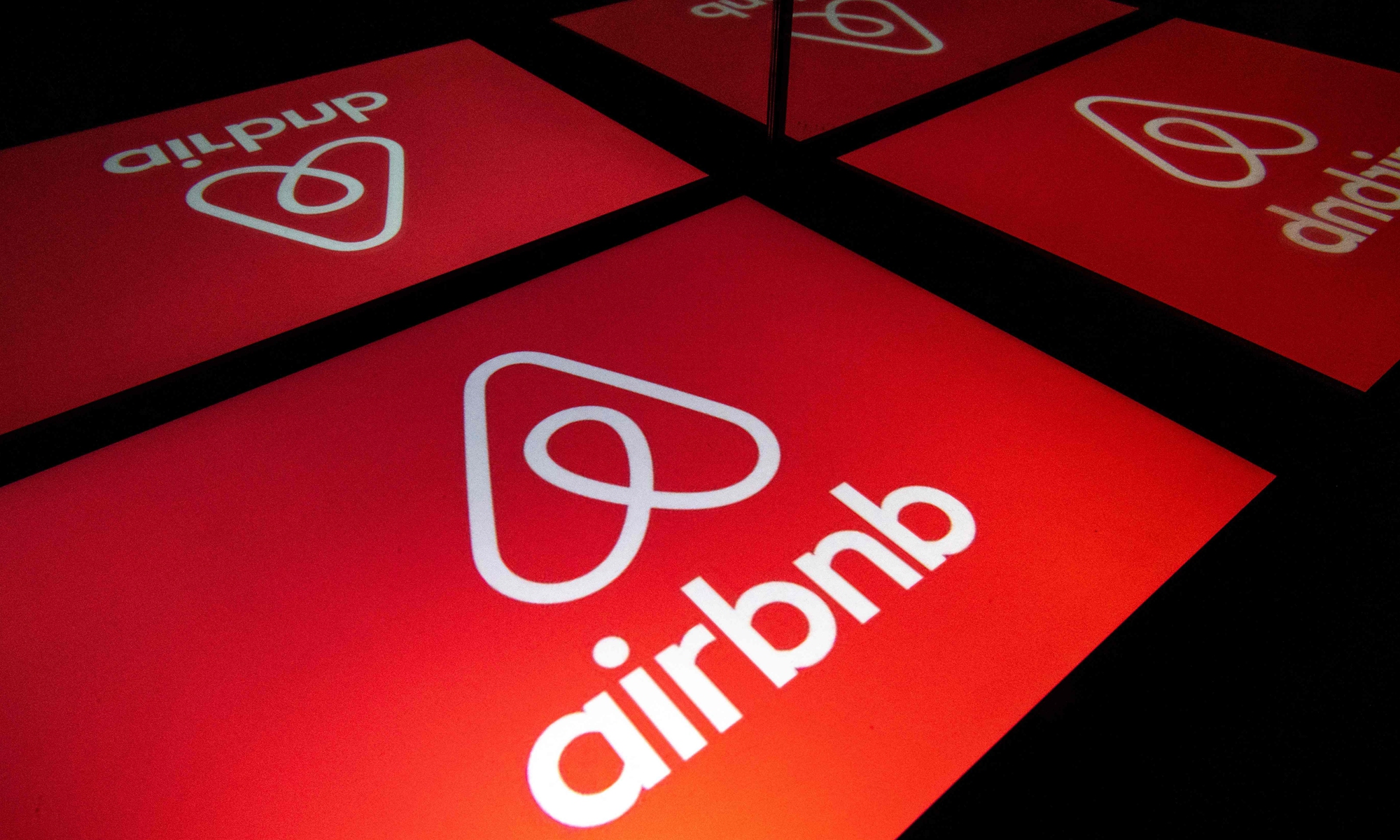
Airbnb Photo:VCG
As the Chinese market turns increasingly complex due to the coronavirus resurgence, overseas companies' fortunes are diverging, with Airbnb announcing plans to end its business in China on Tuesday, while Tesla car production reportedly recovered to pre-lockdown levels on the same day.
Although Airbnb attributed the move to the pandemic, experts said that the key to overseas companies' long-term success in China is "core technology".
On Tuesday, Airbnb said that it will suspend services of homes reservation and experience from July 30. The company said it will focus on China's outbound travel business, which it is confident of developing further.
A source close to the company told the Global Times that the move reflects various factors, such as its lodging rental service has been "costly and complex to operate" because of the pandemic.
Airbnb formally launched its Chinese mainland business in 2016. According to the source, stays in China accounted for only 1 percent of the company's global revenues for the past few years.
"Then and now, the biggest opportunity was outbound travel," the source said, adding that the overlap between Airbnb China's outbound and domestic businesses was limited.
The company said that it believes Chinese tourists' outbound travels will rebound as borders are to reopen.
Some of its competitors moved quickly to grab its user base. Chinese short-term lodging rental platform Tujia said Tuesday that it will launch services to help mainland home owners on Airbnb to transfer their accounts to Tujia.
Jiang Yiyi, deputy head of the School of Leisure Sports and Tourism at the Beijing Sport University, said that Airbnb's decision may be a temporary adjustment, and it's possible that it will restart the lodging rental business in China after the coronavirus wanes.
"China used to have 140-150 million outbound and inbound visitors per year, which makes it a huge market for multinational tourism companies," she told the Global Times.
Some experts said that Airbnb's move reflects a dilemma faced by many overseas companies in China: lack of core technologies to help withstand fierce competition from domestic rivals.
Independent tech analyst Liu Dingding told the Global Times that Airbnb faces competition from a dozen Chinese companies like Ctrip and Meituan, many of which have advantages over foreign companies in localized on-site operations, flexibility and personnel assignments.
"Only companies with core technology can survive in the highly competitive Chinese market. It's very easy for domestic companies to copy business models, and users can turn away from their products/services at any time," Liu said. He cited the examples of multinational tech companies like Microsoft, Apple or Tesla, which survive in China in spite of external market fluctuations.
Some of those companies have also been hit hard by the impact of the coronavirus, but they have overcome the difficulties. For example, Tesla car production reportedly recovered to pre-lockdown levels on Tuesday.
According to Liu, if Airbnb is able to develop technological advantages, such as algorithms that can precisely match customer needs, it would be more successful in China.




